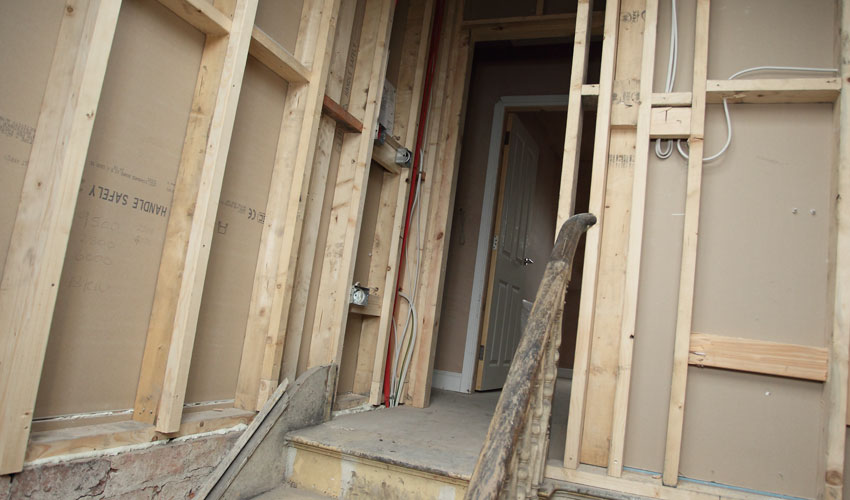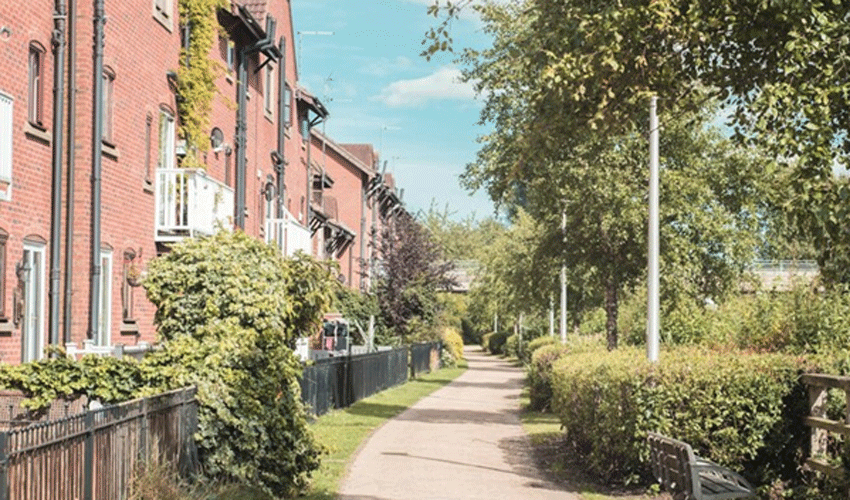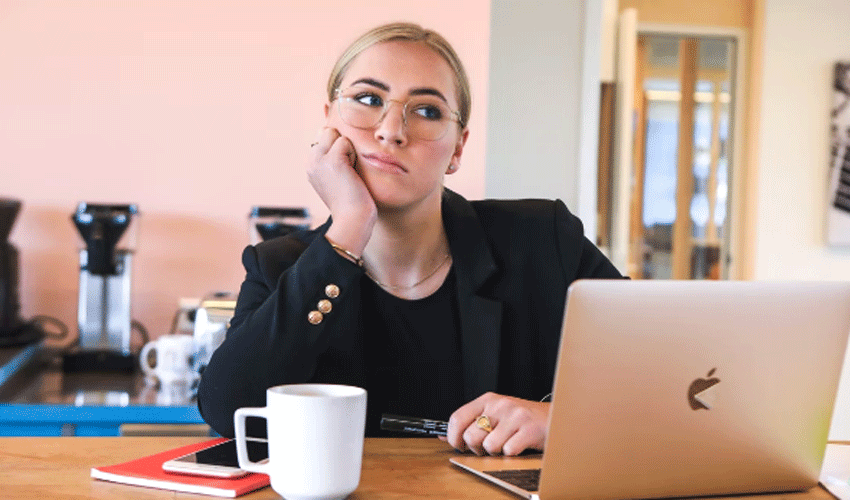
Residents in the East Riding should know the difference between use by dates and best before dates in order to reduce food waste and health risks to their families.
Food safety officers from East Riding of Yorkshire Council say that many people are confused by the two dates that appear on food packing.
The use by date is the most important date to consider as these relate to food safety. These are used on foods that can go off quickly and may support growth of harmful bugs that cause food poisoning, such as meat or dairy products or ready-prepared salads.
Most foods can be frozen up to the use by date but not after.
The best before date is about the quality of the food, not the safety. These appear on a wide range of frozen, dried, tinned and other foods that don’t generally go off quickly or support the growth of harmful bugs.
When the best before date is passed, it doesn’t mean that the food will be harmful but it might start to lose its flavour or texture over time.
By knowing the difference, food waste could be reduced as in the East Riding last year over 15,000 tonnes of food waste was collected by the council – this is equivalent to each household throwing away 1.9kilos of waste per week.
Councillor Shaun Horton, portfolio holder for community involvement and local partnerships at East Riding of Yorkshire Council, said: “Food waste is a big issue and there are many ways people can reduce the amount of food they throw away just by being aware of what the use by date and best before dates are.
“The use by date it the one to pay most attention to as after the use by date, don’t eat it, cook it or freeze it. The food could be unsafe to eat or drink even if it’s stored correctly and looks and smells fine.
“If you know you aren’t going to consume food by the use by date, either freeze it or cook it into other meals and freeze as that way you are not wasting food and you could also be saving money.”
For more information go to www.fsa.gov.uk www.lovefoodhatewaste.co.uk
Top tips to help reduce food waste
1: Don’t trust the sniff test
Food can looking and smell fine even after its use by date but that doesn’t mean it’s safe to eat. It could still be contaminated. You cannot see, smell or taste the bugs that cause food poisoning.
2: How long can I freeze things for and what about the use by date?
Foods can be stored safely in a correctly functioning freezer for years without going off. The freezer is like a pause button so you can freeze foods right up to the use by date. Whilst food is in the freezer, it’s the quality that deteriorates over time so it is recommended that consumption is within three to six months. Also, check for any freezing instructions on the packaging.
Once defrosted, the pause button is off so it’s best to defrost food as required and eat within 24 hours.
3: When should I freeze food?
Many people believe food can only be frozen on the day of purchase however, you can safely freeze most foods right up to the use by date. Although it would be good to freeze it as soon as you know you aren’t going to use it before its use by date expires.
4: Did you know that you can safely freeze raw and cooked meats?
You can cook defrosted meat into a new meal and freeze for use on another day. Simply defrost overnight in the fridge, being careful that raw meat doesn’t drip on any over foods in the fridge and check it’s thoroughly defrosted, use within 24 hours and cook until steaming hot.
5: How long can you freeze meat for?
Generally you can freeze meat for a long time and it will still be safe to eat but the quality will deteriorate so it’s best to eat it within three to six months. If it’s been frozen for longer try marinating it before cooking to improve texture or use herbs and spices to add flavour.
6: Make the most of multi-buys
You can buy large packets of meat, such as chicken breasts, and freeze them individually in smaller bags. You can also cook enough for two or more meals, eat one and freeze some for later – this avoids waste and minimises the effort of cooking.
7: Batch cooking
Cooking new meals from leftovers and freezing of homemade foods can be a great way of saving money and time and using up foods approaching their use by date as well as reducing waste.
8: Wrap up
It is best to place food in an air-tight container or wrap food well in foil, freezer wrap or cling film before placing in the freezer otherwise the cold air will dry it out. Try to expel any air from freezer bags before freezing.
9: Planning
Try and get into the habit of checking what you already have in the fridge and freezer before you go shopping. Use up foods that are approaching their use by date and other fresh foods like fruit and vegetables, meat, fish, cheese or milk first as these can go off over time.












